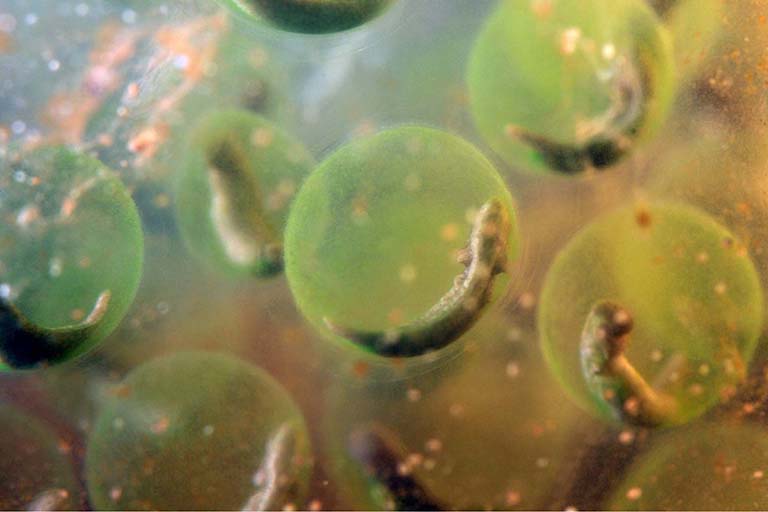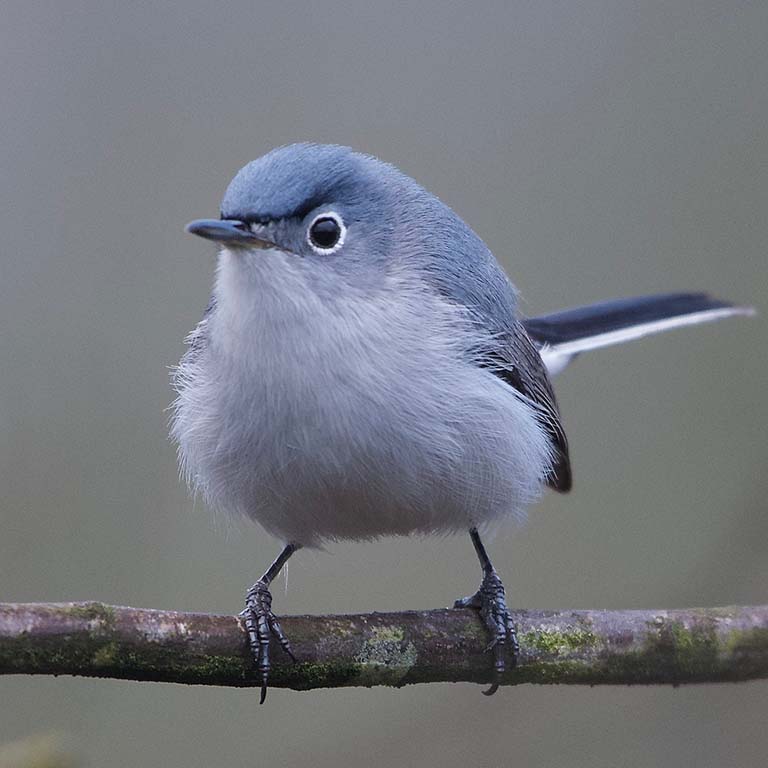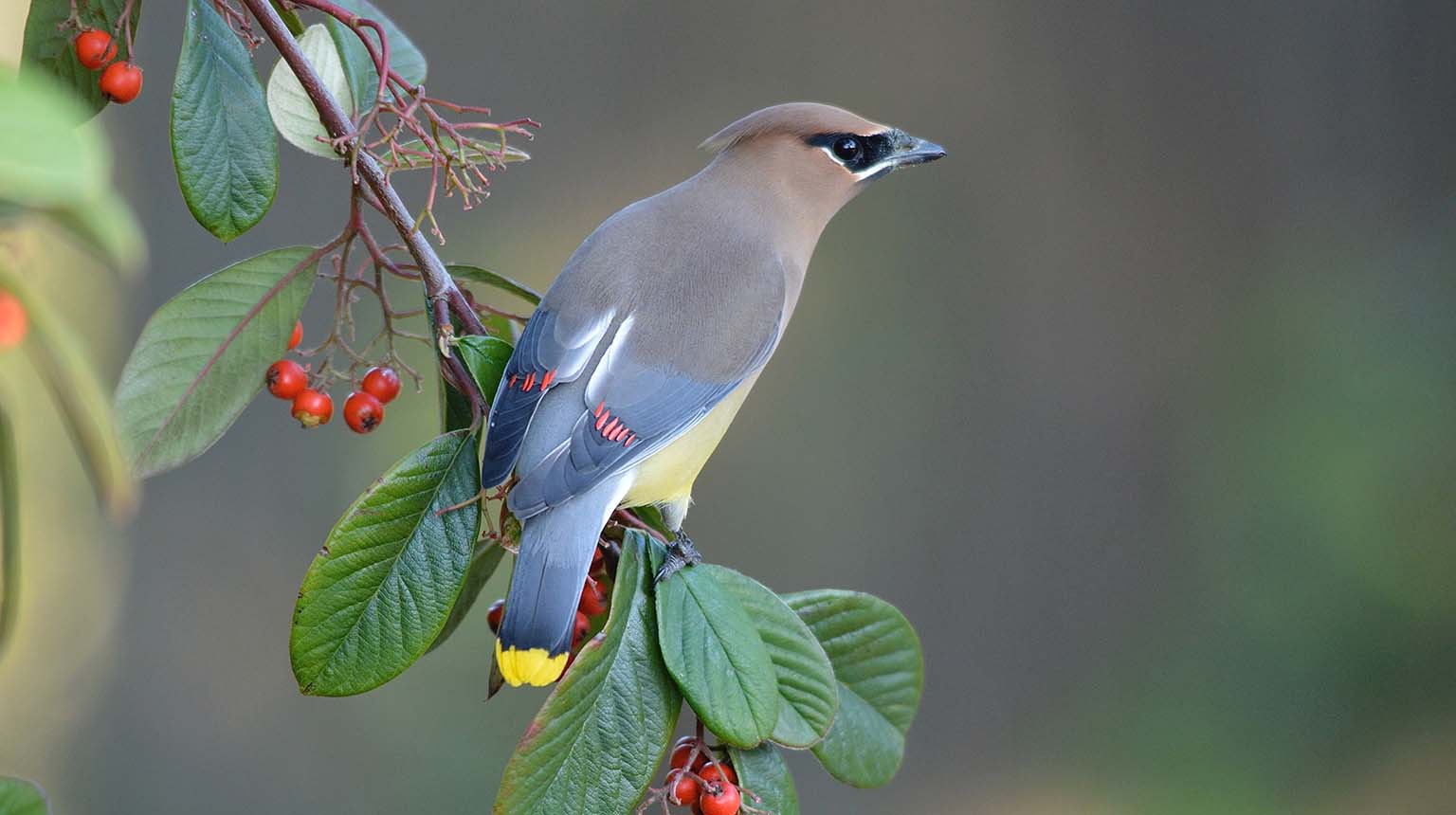For many, to know birds is to love them and that is sufficient reason to conserve them.
Over the centuries, the migration of birds has been one of the greatest puzzles for human observers, with all sorts of fantastical explanations offered such as swallows hibernating in the mud because, "Where else could they have gone?" Bird movements and migrations are awe-inspiring and waning. To the poet Emily Dickinson (1830-1886), the arrival of hummingbirds compared to the arrival of "mail from Tunis."
Birds are also the holy grail of conservation because every hurdle that exists for conserving any other organism is magnified in birds—especially in those species that migrate. Their summer and winter habitats are subject to completely different human and climatic pressures—varied and spread over wide areas; yet, literally millions of individuals of dozens, if not hundreds, of species pass through the same critical stepping stones along their migratory routes. Each bird is regulated by many human jurisdictional areas, each with its own legal and regulatory framework. A single bird may interact with many human cultures—each of which must place value on conservation if the effort is to be successful. If one can find solutions for bird conservation, one can find solutions for any conservation effort related to preserving biodiversity.
For the more practical minded, birds provide substantial services to society, as does the habitat upon which they depend. Both birds and habitat are rapidly disappearing, and the costs of inaction are severe.
Habitats that are good for birds also support human health. Experiencing nature can improve physical health and decrease stress. Birds—along with the parks and wildlife refuges they call home—boost property values. Birds are important seed dispersers and pollinators—adding in habitat restoration.
Birds are natural controllers of pests. One Barn Owl can consume more than 11,000 mice during its lifetime, resulting in the protection of 13 tons of crops.
And, birds are good for the economy. More than 45 million people in the U.S. watch birds, generating almost $100 billion in economic impacts.





